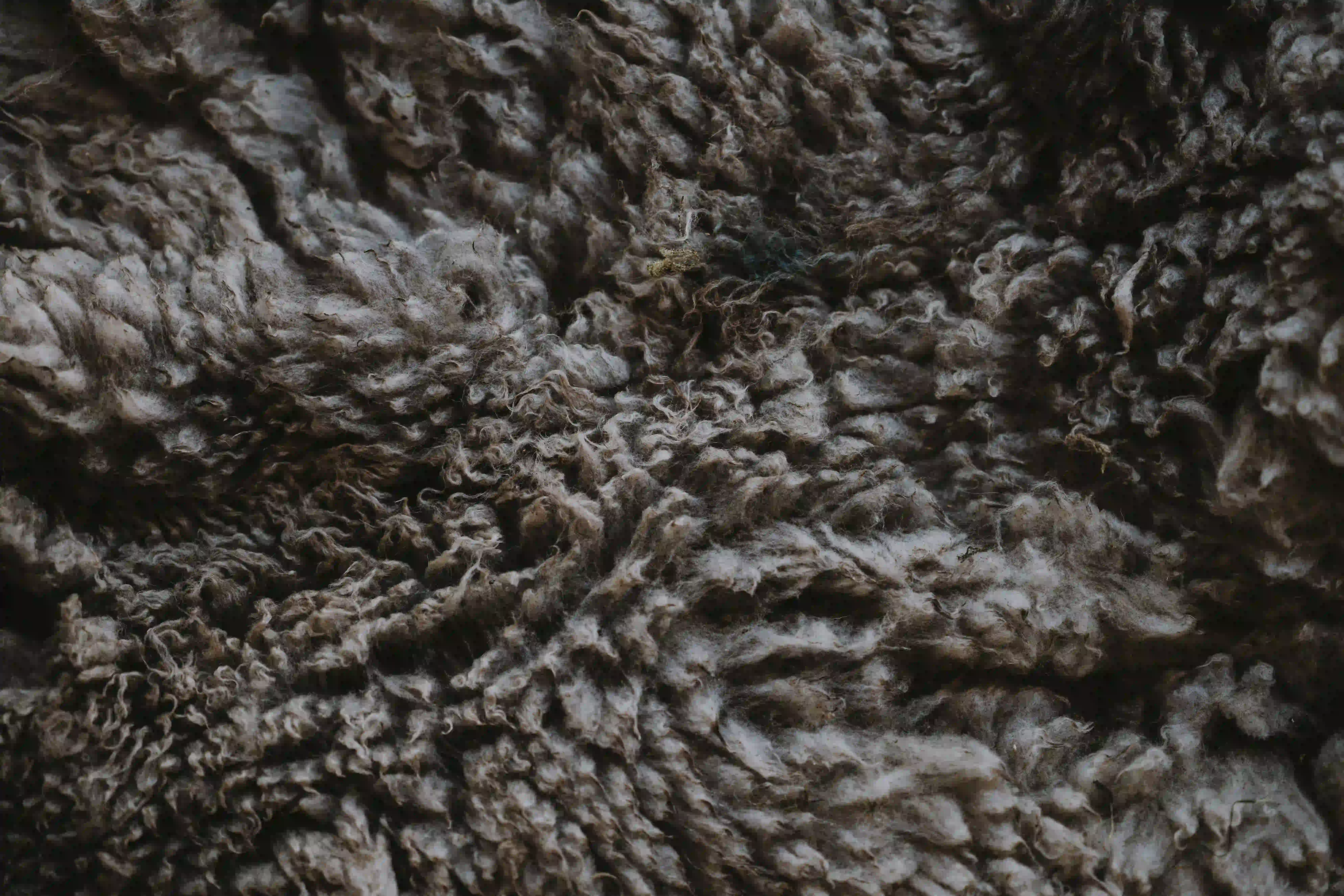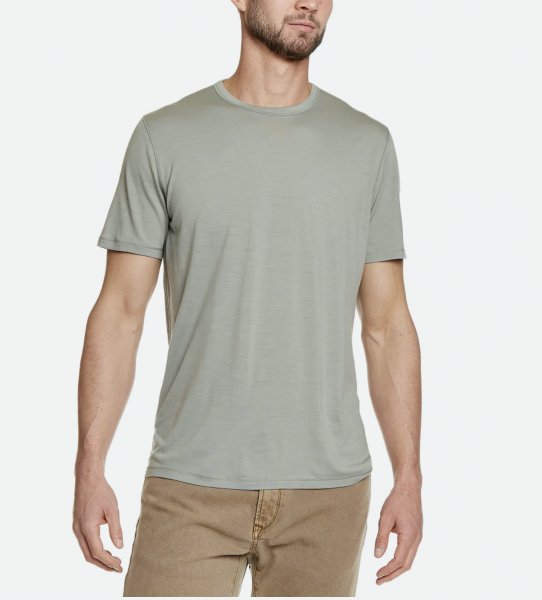Merino wool, is it worth the hype?

A few weeks ago, I was planning a two-week-long trip to Iceland. It wasn’t your typical trip either; I would be living in a van, camping for the entire time. Doing the whole #vanlife thing was a first for me; typically, most of my travels involve hostels and/or Airbnbs. Which, in most scenarios, the packing considerations between the two aren’t much different. However, you do have infinitely more limited access to a shower and some basic amenities with van life. To be fair, some campgrounds had them, but you couldn’t really count on it. So with the idea of spending 12 potentially smelly days in a van, I set out packing. Fortunately, I managed to get my hands on some merino wool gear from the crew over at Unbound Merino and put it to the test.
Merino wool has been having a moment over the past few years, especially with the one bag and minimalist travel crew. But it’s all for a good reason; the benefits of using wool gear are extensive.
What is Merino wool?
Merino wool comes from a type of sheep, Merino sheep. This breed is known for its incredibly soft, fine thread that isn’t scratchy like other wool. Ever tried on some itchy wool sweater? Yeah, that sucks. Merino wool isn’t like that at all.
The breed originates in Spain around the 12th century but has since spread to many parts of the world. The sheep are a hardy bunch and have adapted to survive in the most rugged conditions, surviving in temperatures ranging from the single digits up to the nineties.

The Benefits of Merino wool
Merino wool minimizes odor
First and foremost, you can wear it multiple times without washing it. Merino wool is naturally porous, so as the sweat evaporates from your skin, it allows the vapor to escape. Synthetic materials, such as polyester, are not porous, so the sweat is absorbed and can linger, allowing odor-causing bacteria to build up. When you’re limited to what you can pack and won’t have access to a washer/dryer, this comes in pretty clutch.
I’ve found that you can put Merino wool gear through about three heavy-duty wears before you should consider giving it a wash. And even when you do have to do a wash, it dries pretty quickly, so you won’t have to worry about too much downtime.
During my two-week trip to Iceland, I predominantly wore the two t-shirts I had from Unbound Merino. I would often alternate them every other day, but not once did I feel like I smelled or I was wearing dirty clothes. And none of the people I was traveling with seemed to notice either. So, I think that counts as a success?
It’s excellent in all weather
The natural moisture-wicking properties of merino also make it ideal in hot climates. Since it allows for sweat to escape as vapor, you won’t have to worry about sitting in your wet clothes all day long if you get a bit sweaty. This is great for trips in hotter weather or journeys where you’ll be doing a bunch of hiking or other intense activities. And it has natural sun protection to around UPF 20. If you have a complexion like me, every little bit counts.
Merino wool also has natural bends in the fibers allowing it to retain heat well in colder climates. So with only a couple layers, you can go from the beach to a snowy mountain village in a pinch.
Dress it up or down
One of the tricks with minimal travel is trying to accommodate any type of setting. Let’s say you’re a person of style and substance. On your trip to France, you want to go on a backpacking trek through the French Alps AND go to a Michelin starred restaurant. Well, that sweaty Patagonia t-shirt might ain’t going to cut it, my friend. But a nice merino sweater? Now that might actually work.
All jokes aside, merino wool gear really is more versatile. I have a few different merino wool t-shirts and a sweaters that I've taken on a few trips now. On each trip, they’ve been my primary apparel just about every day. Did I go to a Michelin starred restaurant? Unfortunately not. But I did do some in-person interviews and never felt underdressed.
Companies like Unbound Merino, Proof, or Woolly are aware of the desired versatility, meaning you find any obnoxious stitching or branding on their clothes. The understated utilitarianism of Merino wool is pretty hard to pass up as a one-bag traveler.
Environmentally Friendly
First off, merino wool is a natural fiber. Other synthetic fibers like nylon or polyester are just fancy versions of plastic. So not only will synthetic fabrics linger in our environment for a long ass time, but it takes oil during their production.
As a natural fiber, merino wool doesn’t take oil to produce. On top of that, it’s biodegradable and will typically decompose after around 12 months. So yes, you can compost your shirt.
So is it worth it?
The short answer is yes.
That said, merino gear can be pretty expensive. We’re talking upwards of $75 for a t-shirt, which is obviously a lot of cash to drop on the shirt.
So I’d probably recommend trying out one or two pieces at first and slowly building up. And if you can typically wear a Merino shirt for 3 days without a wash, then 3-4 shirts will likely cover most trips.
It’s important to note that you do not need Merino wool to be a one-bag or minimalist traveler. Buying more gear for the sake of it defeats the purpose of minimalism. You can easily use some of the equipment and clothing you already have, and it’ll work out just fine.
Where to buy Merino Wool?

Unbound Merino
The Merino wool that started it all for me, Unbound makes some seriously high quality product.I’ve partnered with to give my readers a discount. For a 10% off on Unbound Merino, use the code GROG10 at checkout

Woolly
High quality Merino wool that is a bit less expensive than some of the other options. They have some good options for women as well, such as a romper.

Proof
The private label line from Huckberry, Proof, makes some fantastic travel gear. Most notable is probably the Proof 72 Hour Tee, where supposedly you can wear it for 72 hours straight without it smelling…so far I’ve had pretty good luck with that claim but your mileage may vary.
Do you think Merino wool gear is worth the cost? Let me know!
